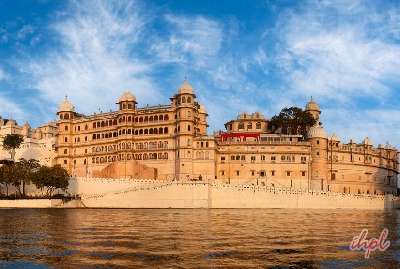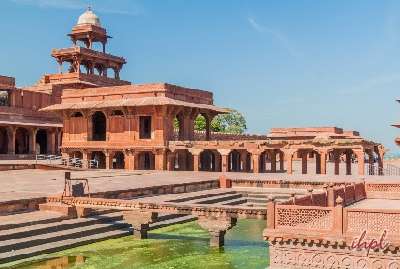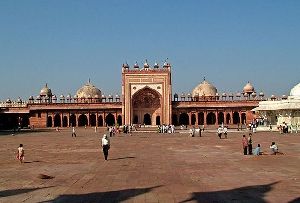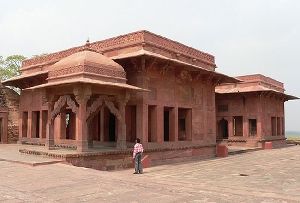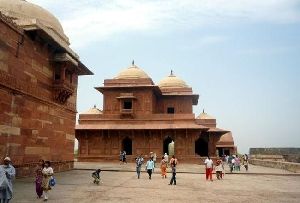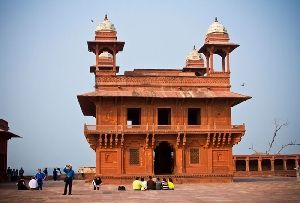Built as a symbol of faith and seen in the later years to be a perfect amalgamation of faith with power and sovereignty, a tour to Uttar Pradesh is often thought to be incomplete if your tour itinerary does not include Tours to Fatehpur Sikri. Today a deserted remainder of the glory of the ancient Mughals, a trip to Fatehpur Sikri promises to spell bind all the travelers to her land. The charm of the red sand stone never fails to amaze as the tall structures and picturesque domes of Fatehpur Sikri take you back to the era of the golden Mughals. Among the various monuments of Fatehpur Sikri, the most prominent is perhaps, that of the Tomb of Salim Chisti, Fatehpur Sikri.
History of the Tomb of Salim Chisti, Fatehpur Sikri
Built as a form of homage to the memory of the memory of the great Sufi saint, Sheikh Salim Chisti, who, it is said, blessed the emperor with an heir to the Mughal throne in India, who was to be later known as Jahangir, Fatehpur Sikri was built in 1571 and stood as the capital of the Mughal empire till the year 1585 when it was abandoned due to what, today is guessed by historians to be a severe water shortage. Listed in the prestigious list of World Heritage sites as put down by UNESCO, Fatehpur Sikri is today one of the greatest prides of Indian culture. The Tomb of Salim Chisti, Fatehpur Sikri is in itself one of the most prominent attractions of Fatehpur Sikri, being as it one of the most revered mausoleums in India.
Description of the Tomb of Salim Chisti, Fatehpur Sikri
Originally constructed using red sand stone, like the rest of the complex of Fatehpur Sikri, Tomb of Salim Chisti, Fatehpur Sikri is, however, today done up entirely in marble. Resembling a pearl nestled amongst the otherwise red stones of the complex the tomb inside the building is adorned with a canopy made out of ebony, mother of pearl as well as brass. The other striking feature of the Tomb of Salim Chisti in Fatehpur Sikri is the latticed work or the jalis which adorn the windows of tomb.
Checkout: Vrindavan Tour Packages, Agra Tour Packages, Uttar Pradesh Tour Packages, Mathura Tour Packages, Kushinagar Tour Packages




